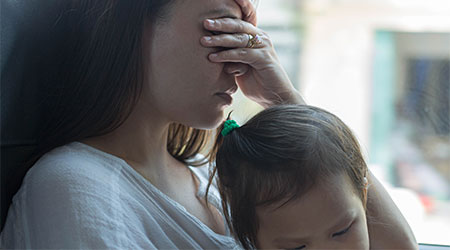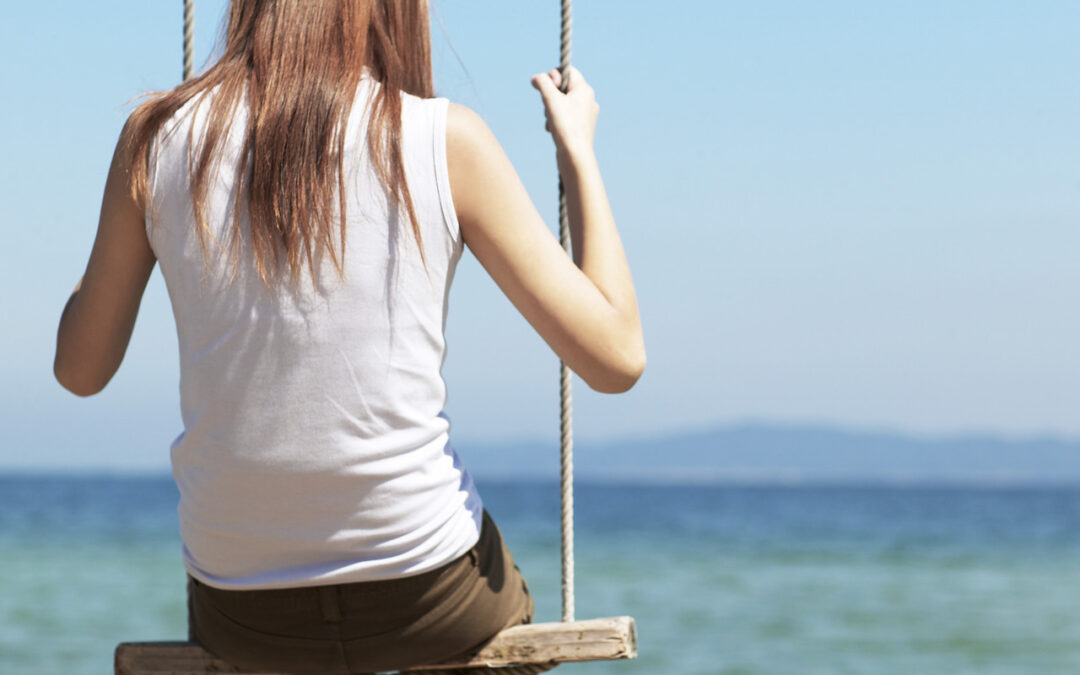
Momdemic Stress
Worn out by endless Zoom calls, household chores that seem to double every week, the stress of juggling work and family tasks? Pandemic life has certainly taken its toll on almost everyone and seems to be hitting moms the hardest, especially those with younger children. The constant stress of managing multiple lives at once is contributing to a staggering 93% of mothers in the US saying they feel burned out, while 16% feel burned out all of the time (according to a recent survey by Motherly). It is also no surprise that 74% of moms say they feel mentally worse since the start of the pandemic, while 63% say they have been managing household responsibilities and chores mostly by themselves.
The constant multitasking and invisible labor involved in managing household and family life, also known as the mental load, typically falls on women’s shoulders and pandemic life has amplified it. Many mothers wonder how much more they can take. In serious cases, the stress of quarantine can manifest itself in the forms of depression, anxiety, and/or severe insomnia that contributes to feelings of mental and physical exhaustion.
So how to fight burnout? There are of course general strategies that you probably hear over and over such as spend time outdoors, find time to exercise, sign up for online yoga or meditation classes, read, and try to stay socially active. But what about those who find themselves managing work zooming, their young children’s zoom schooling, making grocery lists, throwing in a load of laundry and breakfast all before 9am? Finding even 10-15 minute ‘rest breaks’ throughout the day is a strategy recommended by psychological experts. Another is trying to limit the number of zoom work meetings and replacing some with phone meetings and email. It can also be beneficial to stay away from social media or other news outlets during your downtime, as these will inevitably introduce more things to worry about when you should be unwinding. Similarly, you can completely cut yourself off from technology during the small breaks you find for yourself throughout the day. For more tips, visit the resources below:






